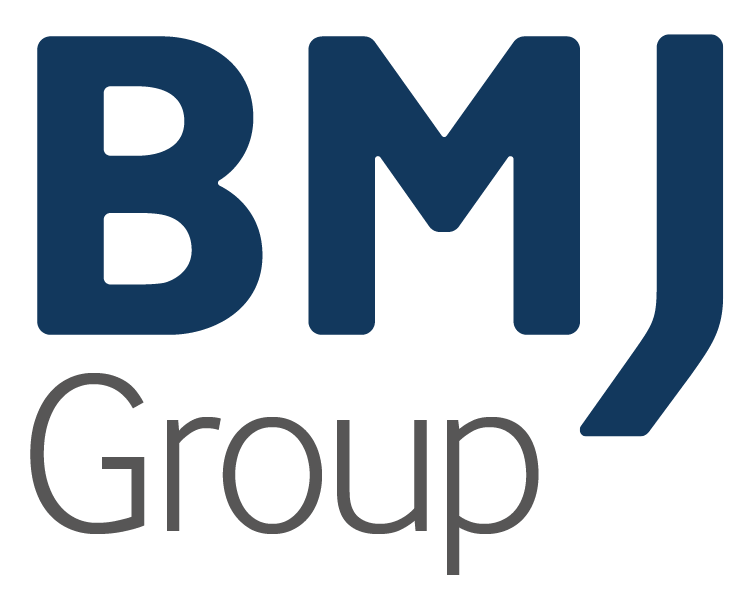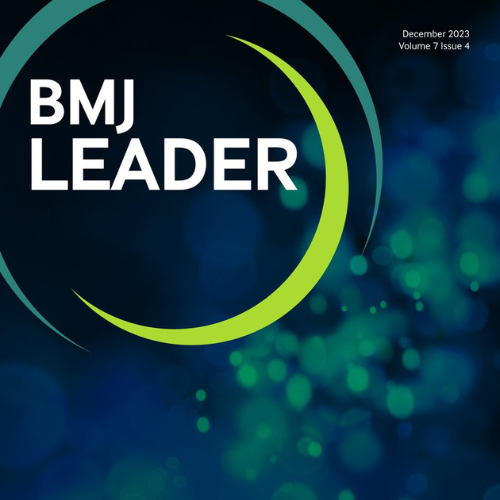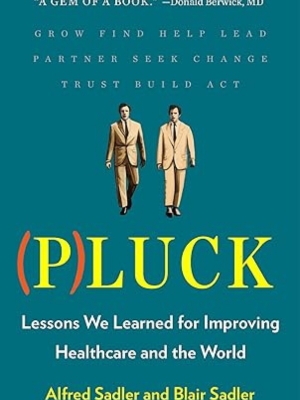As the first female President since the inception of WMPA in 1950, this is a pivotal time for the association. I am dedicated to ensuring we keep our principles of advancing internal medicine and promoting friendship amongst physicians as prime, whilst also ensuring we promote diversity and representation from all colleagues creating safe and rich conversations amongst our fabulous West Midlands family of physicians.
The Journey from Doing to Being
I attended my community gynaecology clinic as part of my GP training rotation and was now on the bus home. During the day, I had made a short trip to the hospital library to attend an interview for two Future Leaders Programme (FLP) fellow positions. Everything that could go wrong nearly went wrong with IT being the chief culprit.
Plants First Healthcare; Normalising plant-based meals in healthcare
Why are hospitals, places people rely on to restore their health, serving food that makes them sick?
The NHS Constitution states that the NHS ‘is there to improve our health and wellbeing, supporting us to keep mentally and physically well, to get better when we are ill and, when we cannot fully recover, to stay as well as we can to the end of our lives. It works at the limits of science – bringing the highest levels of human knowledge and skill to save lives and improve health.’
Lived experience matters: transforming healthcare through kindness and collaboration
As I reflect on my leadership journey, I have learnt that when we actively seek and purposefully engage with the knowledge others bring, we express the highest levels of respect, we elevate engagement, we get smarter ourselves, and we achieve better results. I have learnt that collaboration is not just a nice concept; it is a fundamental value to all we can achieve and must commit to in healthcare.
Looking back, leading forward: BMJ Leader 5 years on
What have we accomplished so far? BMJ Leader has steadily grown in submission numbers and published articles. In addition to research papers and systematic reviews, the journal has launched new article types—for example, Leadership in the Mirror, Translating Research and Evidence, and The Learning Zone
Why reviewers matter: applying a social justice lens in publishing to build a thriving reviewer environment at BMJ Leader
Peer review is a key stage of ensuring quality and impact for journals but reviewing can have the lowest profile of all publishing roles. To raise the reviewer profile at BMJ Leader, the journal is aiming to reduce the barriers to participation and increase access to the publishing process with hopes of improving scholarly output and acknowledging reviewers’ valued contributions.
Why BMJ Leader is focusing on equity, diversity, inclusion and on social justice
Editors of a journal are evidently in a position of privilege. Privileged because often some privilege as well as luck will have helped them become an editor, but also privileged because editors have discretion over what they do and how they shape the role when they take it on. When one of us (JM) joined the team, a longstanding mentor observed: ‘It’s wonderful editing a journal. It’s as if you have a spotlight, and on your watch you can choose where to shine that light’.
System leadership and One Health - how far can we stretch?
The task put to us was simple, if daunting. “What you would have done differently as a Leader today had you known what your imagined future would look like 30 years from now.” It was a powerful exercise which exposed our own deep-seated anxieties and uncertainties about the health for future generations.
India’s tribal health? Do we have a roadmap for health equity?
Addressing indigenous health disparities in India has underscored the critical need for inclusive, evidence-based, and community-driven approaches. By integrating the unique needs of indigenous populations into health policy frameworks and fostering genuine community participation, we can make strides towards equity and improved health outcomes for all.
Humanitarian Leadership: Across to the Caribbean.
Here is a recounting of my first trip to the Caribbean, where I worked as a humanitarian project pharmacy manager. This blog aims to showcase leadership that saw an emergency centre team manoeuvre volatile and violent times.
Role of medical regulators in physician wellness: leading or lagging?
Physician wellness remains a growing concern, not only affecting the physicians’ quality of life but also the quality of care delivered. One of the core tasks of medical regulatory authorities (MRAs) is to supervise the quality and safety of care. This brief report aimed to evaluate the practices of MRAs regarding physician wellness and their views on residents as a high-risk group for decreased physician wellness.
Situations of moral injury and ambiguity will always go on in healthcare: it is how we deal with them that is important
The article explores the concepts of moral distress and moral injury experienced by healthcare professionals, from the perspective of two junior doctors, in the National Health Service. It highlights the daily challenges faced by doctors due to insufficient resources, staff shortages and time constraints, leading to an inability to provide the expected level of care, which if not addressed can result in long-term psychological harm and impaired functioning.
Learning to lead through the climate crisis
I began, as many do, in a state of blissful ignorance and denial. I convinced myself that if it was that bad, then surely the political establishment would be doing more.
Blaming, naming and a just culture
Problematic cultures within NHS trusts are repeatedly cited as contributing to failures in patient safety and care.
Articles by Roger Kline
Read Roger's most recent articles:
- Leadership in the NHS
- Paradigm lost
- Playing the numbers game?
Comparing hospital leadership and front-line workers' perceptions of patient safety culture: an unbalanced panel study
This article examines the relationships between workers’ hospital leadership status, hospital front-line status and patient safety culture in hospitals throughout the USA.
In conversation with James Mountford
I was frustrated at the lack of organization and operational management, clinical leadership, leadership in general, and teamwork between managers and clinicians, at the heart of getting a patient through a pathway. We didn’t learn any of that stuff at medical school or formally as a junior doctor.
Choosing courage over comfort in the climate crisis: Are our health institutions prepared to do what it takes?
The climate crisis is the biggest health crisis we have ever faced, having been described as a code red for humanity. Given both the well-established health consequences of the climate
Navigating Life After the 2023 Australian Referendum by Joanne Tesiram
October 14th, 2023 is a date etched in the hearts of Aboriginal and Torres Strait Islander peoples across Australia. The day a national vote echoed “no” to the proposed Voice to Parliament, a proposal carrying hopes for greater recognition, representation, and ultimately, a brighter future.
Paradox of navigating uncertainty: ancient 'soft stuff' makes us tough
All leaders are impacted by uncertainty and the accompanying stress. What is often missing is a framework for leaders to cope with and ideally thrive in circumstances beyond our control.
How the 'Health Leader-as-Coach' benefits health leaders, their teams, peers, organisation and the system
One of the main ways in which health leaders at all levels can be developed on a daily basis has been neglected by clinical leadership research, and by the research community generally, relating to the
Reorganising our heads for the care of our health
Because healthcare is a calling, we must cease trying to run it like a business. Hospitals are not factories, and ‘CEOs’ (Chief Excutive Officer) who look on the ‘workers’ of healthcare as detached ‘human resources’ instead of devoted human beings are a menace to our health.
History and its relevance to contemporary and future leadership
Maintaining clinical and organisational performance in military health systems can be challenging because, fortunately, wars occur infrequently. Medicine is considered by some to be the only beneficiary of war, and, indeed, many advances in clinical medicine have evolved during wartime.
With thanks to Nigel Kennedy
Listening to This Cultural Life I heard Nigel Kennedy talk about how his dog provided unexpected insight. His dog, experienced each day with the same joy and excitement. Each walk or meal was a wonderful experience for the pet.
In conversation with Bob Klaber
Bob Klaber: I have a slightly crazy role that takes me in all sorts of interesting directions; I guess people might call it a portfolio role. A key part of it is I’m still a consultant general paediatrician;
Until tackling health inequalities becomes business as usual, innovation is our best change of equity
Dr Stuart Monk, National Programme Director for the Accelerated Access Collaborative (AAC) Programmes at the Health Innovation Network, talks about the pivotal role of innovation tackling healthcare inequalities in the NHS.
The human side of structural stigma: a call to action
Structural mental health and substance use (MHSU) stigma is a health equity and human rights issue that results in significant disparities in health outcomes for people with MHSU disorders.
Clinical research in the NHS: a cross-sectional study
Recruitment and retention of clinical academics in the UK is under threat. Acute clinical crises can increase opportunities for clinical research.
Your CV looks amazing but I am sorry
Effective leadership shapes organisational culture to deliver world class healthcare. Racially minoritised individuals rarely access opportunities leading to leadership positions.
The Creating Brave Spaces workshop: a report on simulation-based faculty development to disarm microaggressions
Designing faculty development focused on equity, diversity, inclusivity, indigenous reconciliation (EDI-IR), anti-racism and anti-oppression is a daunting task.
Core20PLUS5: His Majesty’s Prison and Probation Service – an approach to address inequities in healthcare for people in contact with the criminal justice system
People involved in the criminal justice system are one of the population target cohorts of Core20PLUS5, a national National Health Service (NHS) England approach to support reduction of healthcare inequalities.
Integrating health justice into the biopsychosocial-spiritual model to promote well-being
Since the onset of the pandemic and murder of George Floyd, the realities of social determinants of health, the need for health justice and antiracism have been featured more prominently in our daily work in healthcare.









.png)





